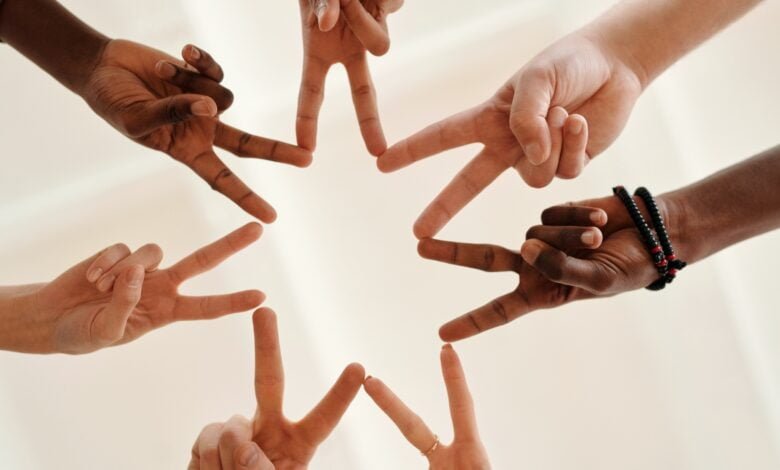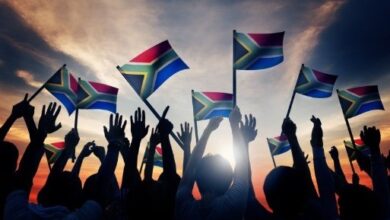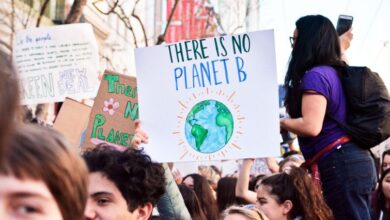In today’s interconnected world, the concept of world categories plays a crucial role in shaping our perception and understanding of the diverse societies and cultures that coexist. World categories are essentially mental frameworks or lenses through which we interpret and categorize the world around us. They shape our beliefs, attitudes, and behaviors, often influencing how we relate to people from different backgrounds. In this article, we will explore the significance of world categories and delve into their impact on our perception, focusing on the importance of embracing diversity.
The Power of World Categories
World categories are deeply ingrained in our minds and are formed through a combination of personal experiences, cultural influences, and societal norms.
They serve as cognitive shortcuts that help us make sense of the complex and diverse world we inhabit. By categorizing people, places, and things, we simplify our understanding and create a sense of order.
However, it is essential to recognize that world categories can also give rise to stereotypes and prejudices, leading to misunderstandings and societal divisions.
The Role of World Categories in Shaping Perception
Influence on Cultural Identity
World categories contribute significantly to the formation of cultural identities. People often identify themselves based on their nationality, ethnicity, religion, or other social groups.
These identities provide individuals with a sense of belonging and shape their perspectives and values.
Nevertheless, a narrow and rigid understanding of world categories can limit our ability to appreciate the diversity within and across cultures.
Impact on Interpersonal Relationships
Our world categories affect how we interact with others. Preconceived notions and biases based on stereotypes can hinder our ability to connect with people from different backgrounds.
It is crucial to challenge these preconceptions and develop a more inclusive mindset, fostering empathy and understanding.
Embracing Diversity through Expanded World Categories
Cultivating Cultural Competence
Expanding our world categories enables us to develop cultural competence, which involves a deep understanding and appreciation of diverse cultures.
By learning about different customs, traditions, and perspectives, we can broaden our worldview and engage in meaningful intercultural interactions.
Recognizing Intersectionality
Intersectionality acknowledges that individuals have multiple social identities and that these identities intersect to create unique experiences.
Embracing intersectionality helps us understand the complexity of human identities and the overlapping systems of oppression and privilege that affect people’s lives.
Conclusion
World categories shape our perception and understanding of the world, playing a significant role in how we relate to others. While they can be powerful tools for making sense of our surroundings, they can also lead to biases and prejudices.
Embracing diversity requires us to expand our world categories, challenging stereotypes and recognizing the richness of human experiences.
By cultivating cultural competence and embracing intersectionality, we can foster a more inclusive and interconnected world where differences are celebrated rather than feared. Let us strive to embrace diversity, break down barriers, and create a future that appreciates the beauty of our collective human tapestry.
Also read: World Category: A Perspective on Achievements and Recognition





